The Ministry of Finance is seeking feedback on the draft Law on Personal Income Tax (replacement). According to the submission, the ministry proposes that personal income tax on income from the transfer of real estate by resident individuals be determined by multiplying taxable income by a tax rate of 20% for each transfer.
In cases where the purchase price and related transfer costs are not determined, the tax will be calculated based on the holding period. The holding period is calculated from the time the individual acquires ownership or the right to use the real estate (from the date the new Personal Income Tax Law comes into effect) until the time of transfer.
Taxation must be targeted correctly.
Speaking to VietNamNet reporters, Dr. Nguyen Ngoc Tu, a lecturer at Hanoi University of Business and Technology, said that the proposal to impose a 20% tax on income from real estate transfers is a return to the true nature of personal income tax. That is, taxing the income itself, not the revenue – meaning that even losses must be taxed.
The 20% tax rate is temporarily acceptable because it should be equivalent to corporate income tax. However, Mr. Tu noted that reasonable expenses with invoices and supporting documents, such as brokerage fees, bank loan interest, and repair and renovation costs, must be deducted for taxpayers.
Furthermore, according to Mr. Tu, for properties purchased a long time ago, 20 years ago, even with documents confirming the purchase price, the price was very low. Now, the selling price has increased tenfold due to inflation. Therefore, applying a 20% tax based on the difference between the purchase and sale price is unreasonable and unfair to taxpayers.

In this case, the expert suggested a flexible tax mechanism, which should not be imposed but should give taxpayers the right to choose.
Accordingly, for cases where the purchase has been going on for too long, or the purchase price cannot be determined, taxpayers should be allowed to choose between two options: either pay 20% on the profit, or pay a fixed tax of 2% on the selling price as currently in effect.
The expert emphasized that it must be clearly defined that personal income tax is levied on business activities. It is unacceptable to tax people who sell their houses for life-related needs, such as selling to fund their children's overseas education, cover medical expenses, or due to a job transfer from Vung Tau to Ho Chi Minh City. Similarly, people may sell smaller houses to buy larger ones when they have the financial means, or sell their houses in old age to divide the proceeds among their children and grandchildren.
"Such cases cannot be considered as generating taxable income, as this is inconsistent with the nature of personal income tax. This needs to be clearly stipulated in the law," Mr. Tú argued.
Regarding cases where the purchase price and related transfer costs are not determined, taxes will be calculated based on the holding period, such as a 10% tax on the selling price for houses held for less than two years, aimed at combating speculation. The expert argues that this is a "double-edged sword" and "inconsistent" solution with the very principles of the law.
“The principle is to tax 20% on profits. Every calculation method must adhere to that principle. Why, in cases without invoices, is a completely different tax rate applied to the selling price? Someone with an invoice gets 20% on their profit, while someone without an invoice might have to pay 10% on the entire selling price. This is unfair and very unreasonable,” Mr. Tú analyzed.
Furthermore, he warned that this measure would not only fail to combat speculation but could also become a factor in price increases, making housing even more inaccessible to young people and wage earners.
"The Personal Income Tax Law only levies taxes on income generated. To have an effective tool to combat real estate speculation, a law on property tax needs to be enacted," he said.
20% tax and a market 'purification'
Mr. Nguyen Quoc Anh, Deputy General Director of Batdongsan.com.vn, believes that applying a 20% tax rate on profits from real estate transfers is an inevitable trend worldwide, and in Vietnam it is only a matter of time.
"Many countries have already implemented this. Japan taxes up to 39% of profits if a house is sold within five years. Vietnam's proposal is not unreasonable, even reasonable. However, its implementation requires extremely careful consideration," Mr. Quoc Anh said.
According to him, the biggest challenges are timing and data. “To implement it effectively, we need a transparent database of purchase prices, selling prices, and costs. Otherwise, the policy will be vague and very dangerous. Furthermore, in a market where supply is out of sync with demand, this tax could very well be passed on to the final buyer,” he pointed out the risks.
He predicted that if this policy is implemented, it will create a major "cleansing" of the market. Real estate investment will become a true financial investment.
"Investors must calculate cash flow and profits, and balance them with other channels. Short-term, speculative investors lacking knowledge will be eliminated. Those who remain will be genuine investors who understand the value of real estate, its potential for price appreciation, and the cash flow," Mr. Quoc Anh emphasized.
Source: https://vietnamnet.vn/bat-dong-san-mua-tu-20-nam-truoc-ap-thue-20-lai-chuyen-nhuong-la-bat-hop-ly-2426556.html


![[Image] Vietnam's colorful journey of innovation](/_next/image?url=https%3A%2F%2Fvphoto.vietnam.vn%2Fthumb%2F1200x675%2Fvietnam%2Fresource%2FIMAGE%2F2025%2F12%2F14%2F1765703036409_image-1.jpeg&w=3840&q=75)









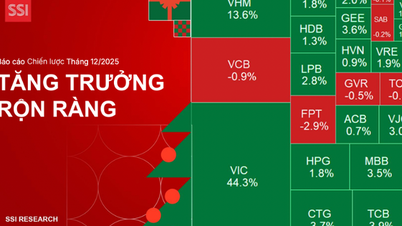

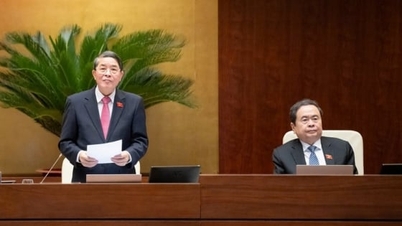

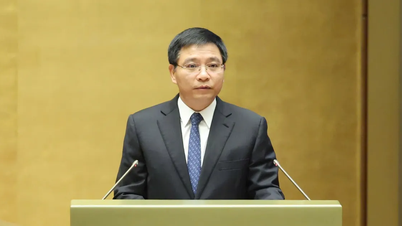

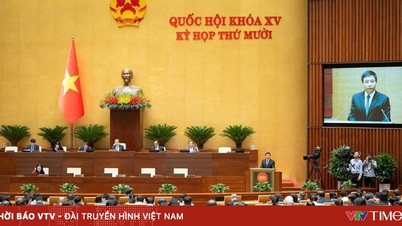








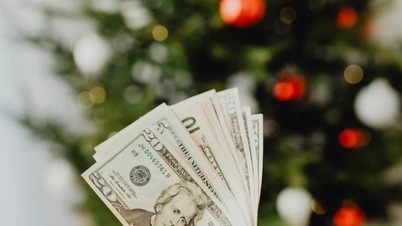
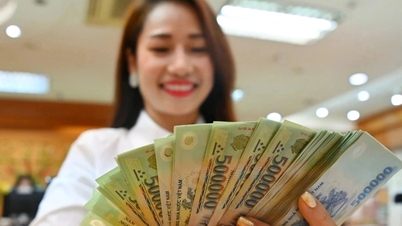
















































![[Image] Vietnam's colorful journey of innovation](https://vphoto.vietnam.vn/thumb/402x226/vietnam/resource/IMAGE/2025/12/14/1765703036409_image-1.jpeg)
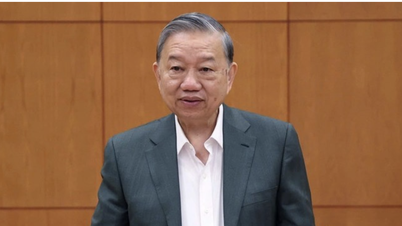






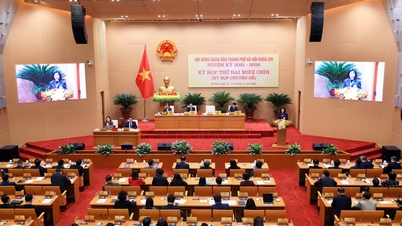





























Comment (0)